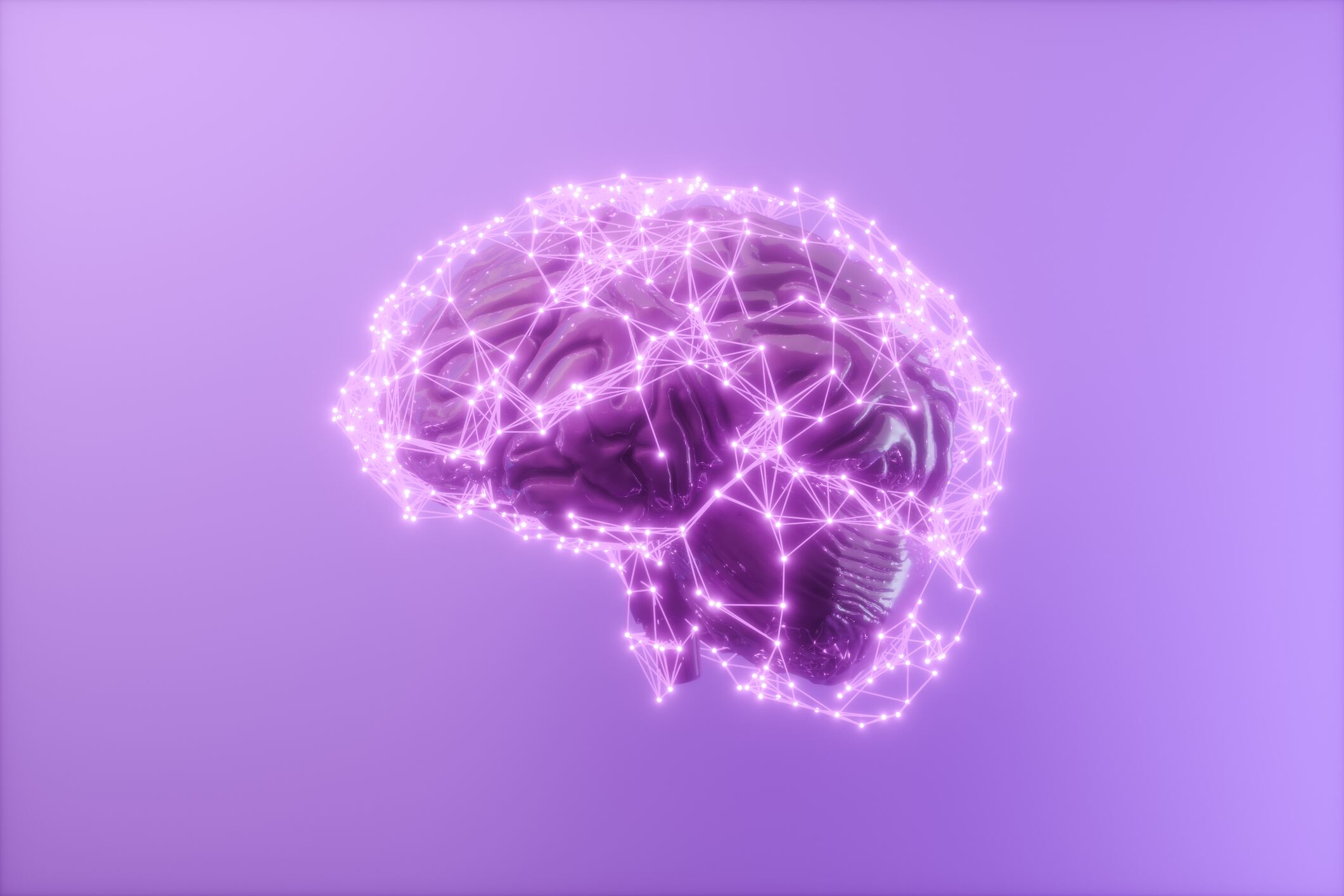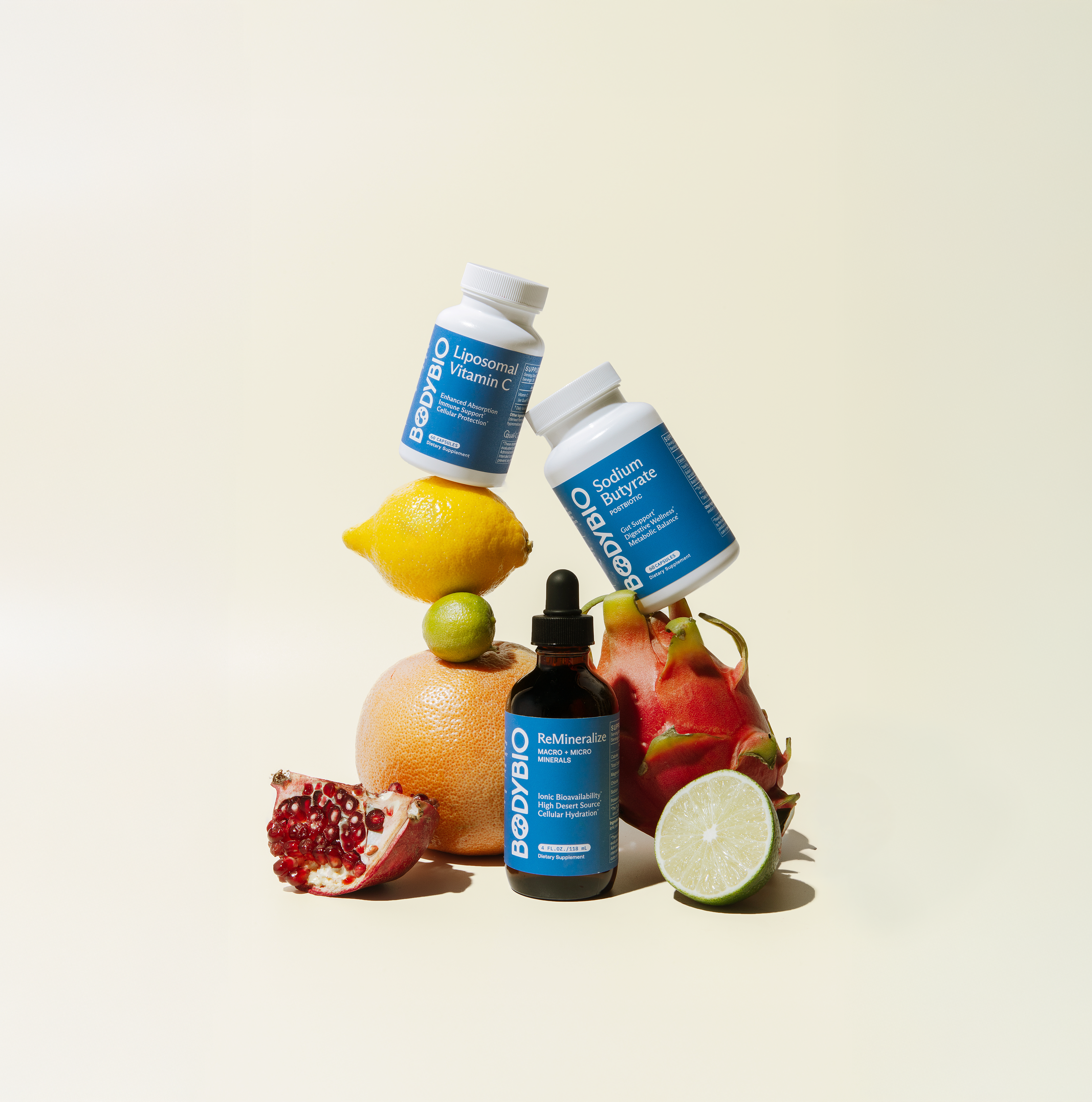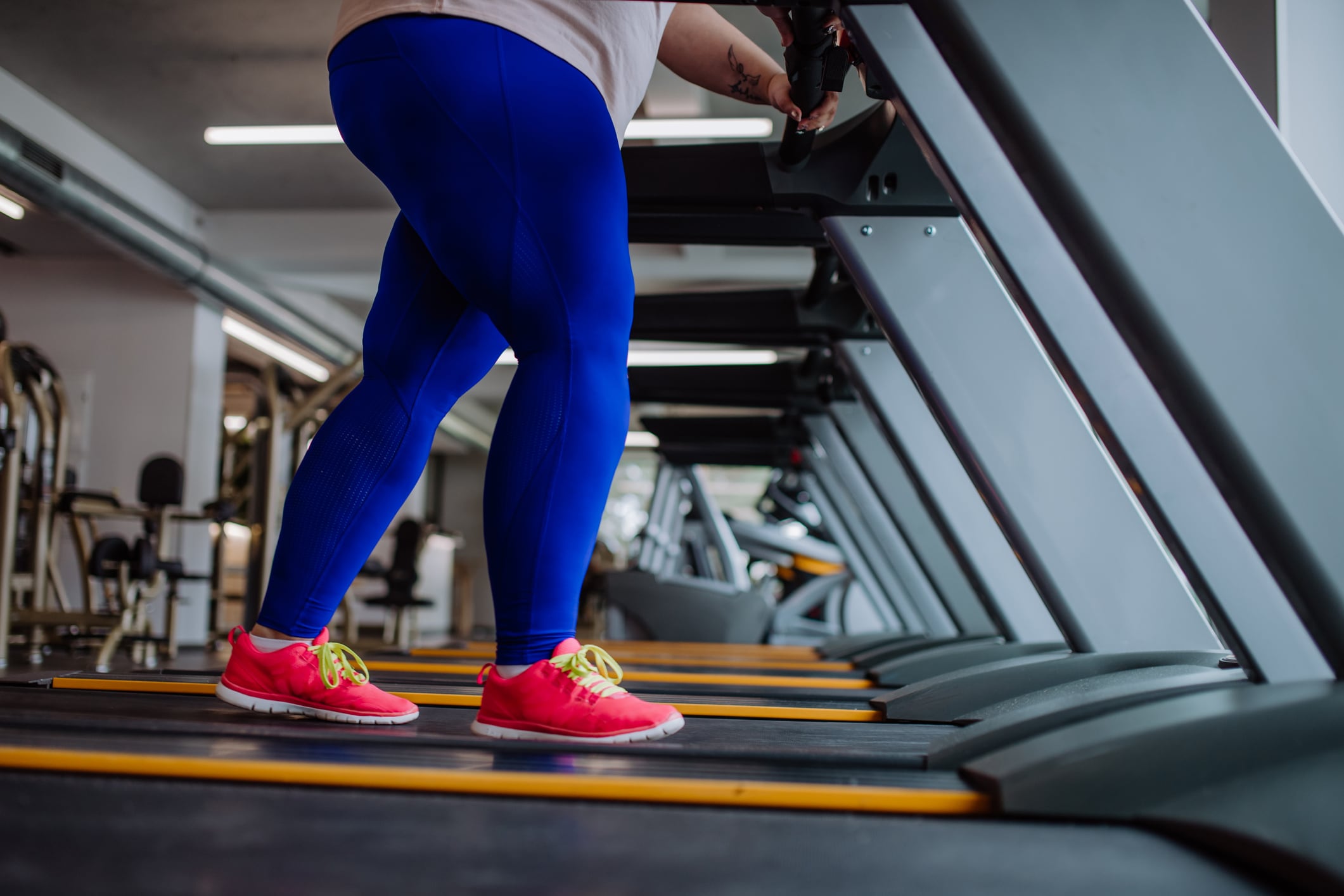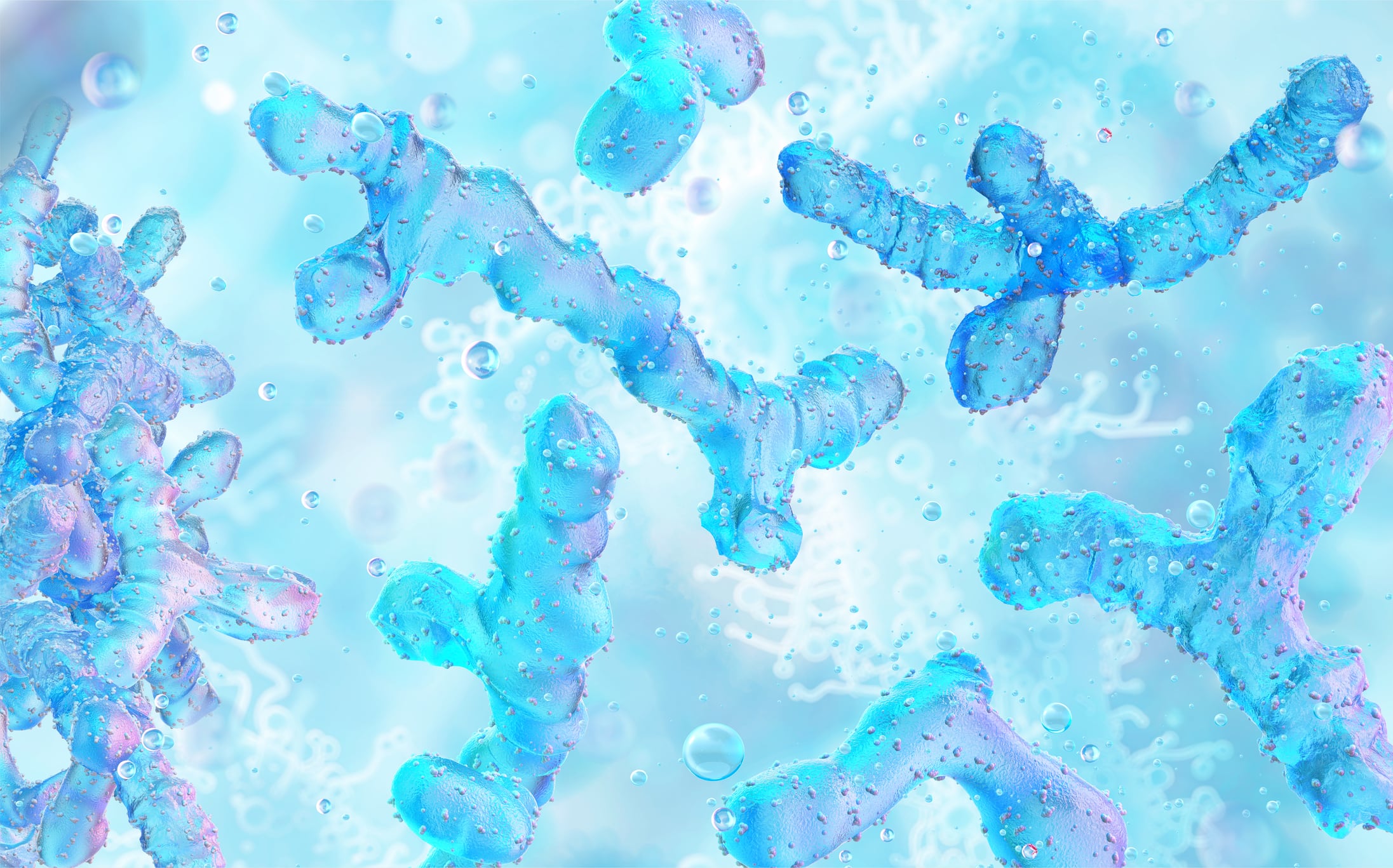“Given its broad impact on antioxidant defense, barrier integrity and behavioral performance, daily VVL supplementation holds promise not only for TBI management but also for other disorders involving oxidative stress, systemic inflammation and gut–brain axis dysfunction,” wrote researchers at the University of Messina and the “Kore” University of Enna in Italy.
Traumatic brain injury (TBI) occurs mainly due to falls, road accidents and sports injuries. Medical professionals categorize TBI into two phases: The primary injury, the immediate mechanical damage to the brain, and the secondary injury, which unfolds over weeks after the initial trauma.
The secondary phase involves a series of complex processes and cellular reactions that may include inflammation, oxidative stress, mitochondrial dysfunction, breakdown of the blood-brain barrier and other events. The result is the impairment of the central nervous system homeostasis.
“Post-TBI, increased intestinal permeability and loss of epithelial tight junction integrity facilitate the translocation of pro-inflammatory mediators into circulation, amplifying neuroinflammation and contributing to behavioral and cognitive deficits,” the researchers wrote.
They noted that recent evidence has highlighted the gut-brain axis as a critical regulator of neuroligical outcomes after injury. They hypothesized that VVL “may act as a dual-barrier modulator, simultaneously protecting gut and brain integrity while activating antioxidant defense pathways.”
Following the positive results of the supplement in mice with TBI, the researchers concluded that VVL may improve cognitive, structural and biochemical outcomes.
“These findings provide a strong rationale for integrating targeted nutritional supplementation into post-TBI management and warrant further investigation into its specific bioactive constituents, pharmacokinetics and long-term benefits,” they wrote.
The study expands on the potential health benefits of Vitis vinifera, the common grapevine. The fruits, seeds and leaves of the grape plant have been studied for their anti-inflammatory and antioxidant properties due to high levels of polyphenols such as resveratrol. Grape extracts may support the cardiovascular system, immunity, gut health, cholesterol balance, glucose control, cognition and aging.
Study details
The researchers induced traumatic brain injury in mice, randomly assigned them to three experimental groups and administered daily oral supplementation with VVL extract. They assessed neurobehavioral performance, neuronal and intestinal integrity, antioxidant defense and inflammatory responses.
The results indicated that VVL supplementation alleviated anxiety- and depression-related behaviors, preserved the structural integrity of neuronal and intestinal tissues, and strengthened antioxidant defenses, as shown by increased activity and upregulation of specific enzymes and proteins.
Brain and gut tissues showed improved barrier integrity and reduced inflammatory markers.
“These findings suggest that VVL may represent a natural therapeutic strategy to mitigate oxidative stress, neuroinflammation and behavioral dysfunctions associated with TBI,” the researchers wrote.
They noted the limitations of animal studies, which “cannot fully capture the complexity, heterogeneity and comorbidities present in patients” and called for further research to validate their findings.
Source: Nutrients 2025, 17(21), 3404. doi: 10.3390/nu17213404. “Nutritional Modulation of the Endogenous Antioxidant System in the Brain–Gut Axis Following Traumatic Brain Injury”. Authors: N. Tranchida et al.




